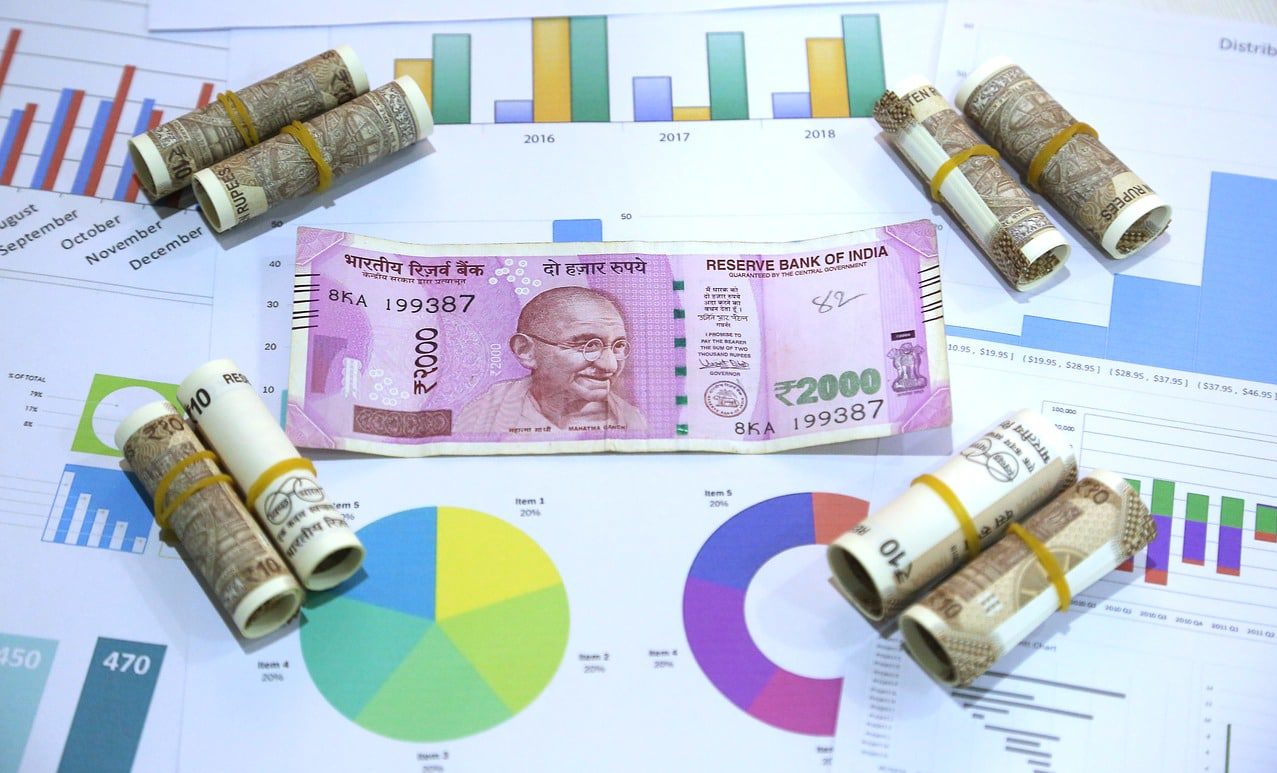India and Japan have signed a $75 billion bilateral currency swap agreement on 29 October 2018, which is expected to bring greater stability to foreign exchange and capital markets in India. This swap arrangement is 50 percent higher than what it was signed during the last time in 2013.
Prime Minister Narendra Modi has made the above agreement after meeting Japan PM Shinzo Abe in Yamanashi for the 13th India-Japan annual summit on October 28.
Effect of India-Japan $75 Bn Currency Swap Agreement
Finance Ministry considers that after signing the agreement, prospects of India is expected to further improve in tapping the foreign capital for country’s developmental needs. This agreement between Japan & India is also anticipated to bring down the cost of capital for Indian entities while accessing the foreign capital market.
For attracting foreign capital, the government has already taken steps, and had relaxed policy for external borrowings, issuance of offshore rupee bonds and has reviewed certain restrictions on FPI investment in debt. The Customs duty for non-essential items are also hiked to restrict imports.
The PM @narendramodi & Japanese PM Shinzo Abe, building on great friendship between 2 countries & to further strengthen & widen the diversity of economic cooperation, agreed during Indian PM’s recent visit to Japan,to conclude a Bilateral Currency Swap Agreement for USD75 Billion pic.twitter.com/EFdY2EAXei
— Ministry of Finance (@FinMinIndia) November 1, 2018
However, the agreement between two of the countries is yet another step to address the issue of outward flow of foreign capital from India. Previously, the government has already taken steps to restrict the fall of rupee and contain current account deficit (CAD), which has widened to 2.4 percent of the GDP in April-June.
Additionally, Prime Minister Narendra Modi, who is visiting Japan, and the Japan PM Shinzo Abe held delegation-level talks in which the two leaders discussed wide range of bilateral, regional and global issues, that includes the current situation in the Indo-Pacific region.
RBI has very recently increased the facility to avail funds for liquidity coverage ratio to 13% from 11%, effective from 1 October. The increase will take the carve out from the statutory-liquidity ratio, which is available to banks to 15% of their deposits. RBI has been prompted to buy rupees in the currency markets to harness the rupee fall at a time when a rare default in the credit market is tightening money supply.
In order to enhance the financial and economic cooperation, the governments of Japan and India signed a Bilateral Swap Arrangement (BSA) of $75 billion. The government has signed the agreement to address the issue of outward flow of foreign capital from India and the India’s central bank is taking steps to prevent fall of the rupee.







